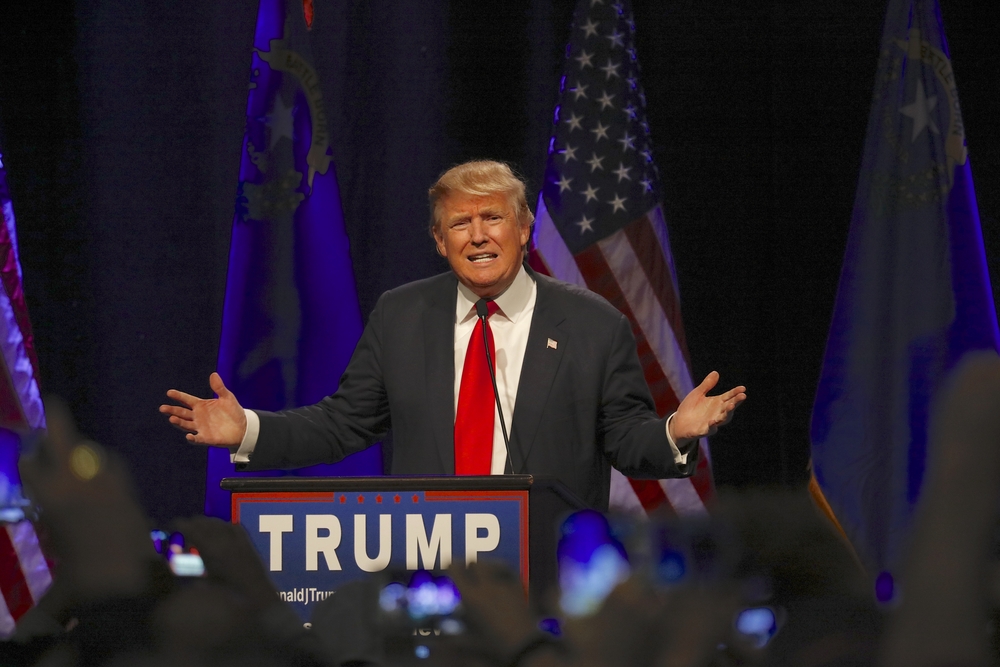Former President Donald Trump’s legal team is set to present a request before a judge on Friday, seeking greater latitude in sharing portions of the evidence slated to be used in his trial. Trump faces charges of allegedly orchestrating efforts to overturn the outcome of the 2020 U.S. presidential election.
This legal maneuver is met with opposition from prosecutors, who harbor concerns that Trump’s disclosure of confidential evidence could potentially lead to witness intimidation. The U.S. Special Counsel Jack Smith’s office, which is overseeing the case, recently petitioned the court for the implementation of a “protective order.” This order, a routine practice in federal prosecutions, aims to safeguard the integrity of evidence before it is shared with the defendant’s legal team.
Typically, defense attorneys do not contest these protective orders, as they aid in maintaining the confidentiality of sensitive information and facilitate the orderly exchange of evidence, a process known as “discovery.” However, Trump’s lawyers are contesting the breadth of the proposed protective order, asserting that it infringes on Trump’s First Amendment rights to free speech.
See also: Former President Trump Enters Not Guilty Plea in Election Obstruction Case
Trump’s legal representatives argue that the need to shield sensitive information does not necessitate a comprehensive gag order encompassing all government-produced documents. In court filings, they contend that such an expansive order could potentially infringe upon Trump’s constitutionally protected ability to publicly express himself.
Time to fill a position? BCG Attorney Search can help you find the perfect candidate.
The charges against Trump, unfolding within a federal court in Washington, D.C., constitute one of three ongoing legal proceedings targeting the former president. Trump remains a prominent figure, positioning himself as the leading contender for the 2024 Republican presidential nomination.
In the present case, Trump has entered a plea of not guilty to criminal charges accusing him of masterminding a scheme to overturn the results of the 2020 presidential election, with the alleged intent of retaining his hold on power. The trial’s significance is underscored by its potential implications for the democratic process and the legal precedent it could set regarding the permissible boundaries of post-election actions by a sitting president.
As Trump’s legal team and prosecutors engage in this legal tussle, the broader implications for presidential authority, free speech rights, and the rule of law remain central to the discourse surrounding the trial. The outcome of this legal battle could potentially set a precedent for how future election-related cases are handled and how evidence is shared between prosecutors and defense attorneys.
The clash between Trump’s lawyers and prosecutors exemplifies the complex nature of legal proceedings involving high-profile figures, particularly those who have held the highest office in the land. Balancing the imperative of due process with the protection of sensitive information and the potential for undue influence over witnesses is a challenge that courts frequently grapple with.
In the broader context of legal news, the developments in Trump’s trial serve as a reminder of the intricate interplay between the judicial system and the political sphere. The trial’s progression will undoubtedly attract significant attention from legal scholars, political analysts, and the general public alike, as it navigates the intersection of law, democracy, and the legacy of a former president.
Don’t be a silent ninja! Let us know your thoughts in the comment section below.

